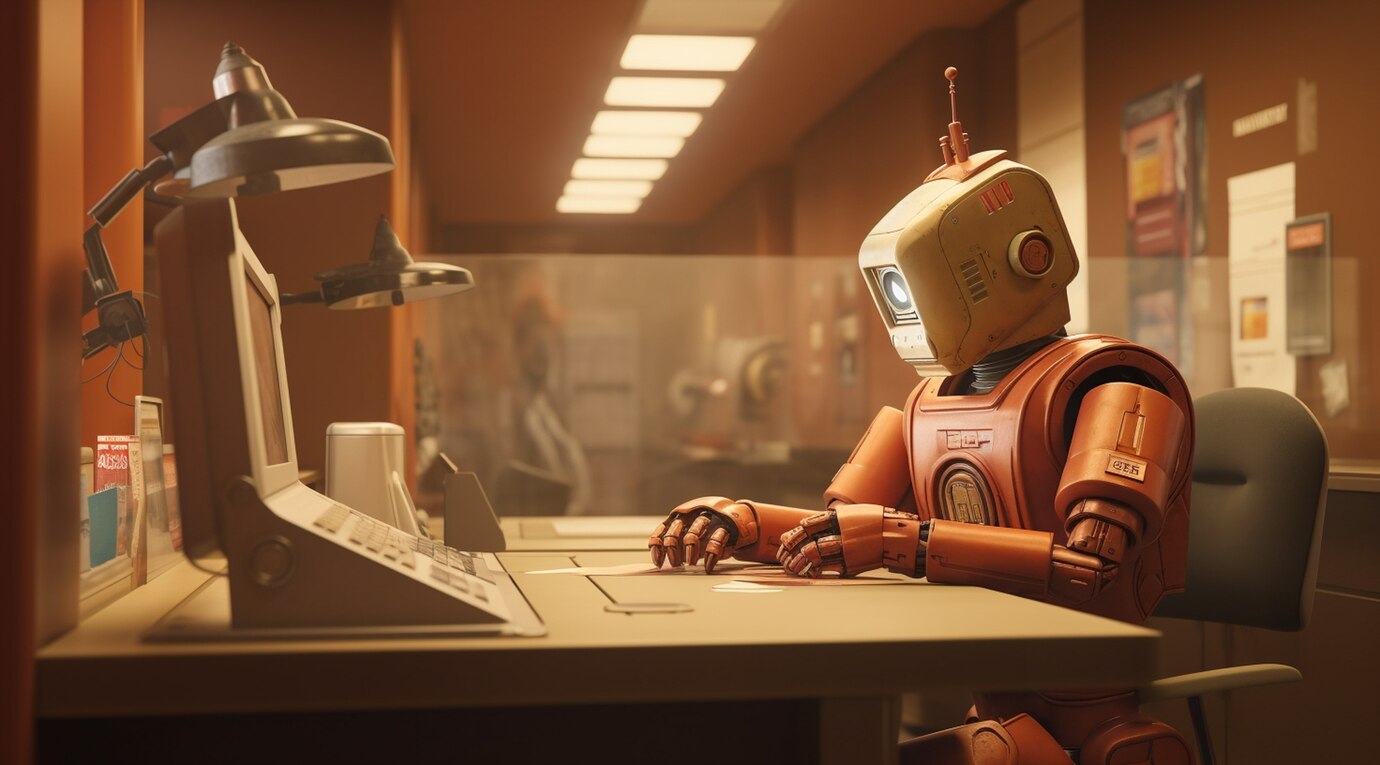What Is The History Of Artificial Intelligence?

Strong 8k brings an ultra-HD IPTV experience to your living room and your pocket.
Artificial Intelligence (AI) has become a driving force in today’s world, transforming how we live, work, and interact with technology. It powers everything from smartphones and search engines to self-driving cars and advanced healthcare systems. While AI might seem like a recent development, its history stretches back decades, shaped by visionaries and pioneers who laid its foundation. At WikiGlitz, understanding this evolution brings clarity to the fascinating question: who created artificial intelligence and how has it shaped modern technology?
The story of AI is one of persistence, innovation, and the dream of creating machines that can think and act like humans. This article dives into the key milestones and challenges that define the history of AI.
The Beginning of AI: The Idea That Started It All
The Birth of the Concept
The origins of Artificial Intelligence can be traced back to the 1940s when scientists began exploring whether machines could mimic human thinking. Mathematician Alan Turing, often called the "father of computer science," made significant contributions during this time.
In 1950, Alan Turing proposed the famous “Turing Test”, which assessed whether a machine’s responses could be indistinguishable from a human's. This groundbreaking idea sparked interest in creating machines that could simulate human intelligence.
Who Created Artificial Intelligence?
While AI as a concept had existed earlier, the term “Artificial Intelligence” was officially introduced in 1956 at the Dartmouth Conference. This event is widely recognized as the birth of AI as a formal field of study.
The conference was organized by computer scientist John McCarthy, who is credited with coining the term. Alongside McCarthy, prominent researchers like Marvin Minsky, Nathaniel Rochester, and Claude Shannon contributed to defining the scope of AI. Their collective vision laid the groundwork for modern AI development.
The Rise and Challenges of Early AI
The 1950s–1970s: AI’s First Wave
Following the Dartmouth Conference, scientists began building programs capable of solving basic mathematical problems, proving the early potential of AI. These systems relied heavily on logic and rules-based programming, which enabled machines to complete tasks like playing checkers and solving algebraic equations.
However, this progress was slow. Early computers lacked the processing power and data needed for advanced AI development. By the 1970s, funding and interest in AI research declined, marking the first “AI Winter.” This term refers to a period when enthusiasm for AI waned due to technical limitations and unmet expectations.
The 1980s: Expert Systems and Revival
AI research regained momentum in the 1980s with the development of expert systems. These programs were designed to simulate human decision-making by using knowledge databases created by experts in specific fields.
Expert systems were widely adopted in industries such as healthcare and finance. For example, they assisted doctors with medical diagnoses and helped businesses with financial planning. These successes demonstrated that AI could provide practical solutions to real-world problems.
Modern AI: Breakthroughs and Advancements
The 1990s–2000s: Practical AI Applications
The late 20th century saw AI achieving significant milestones. In 1997, IBM’s Deep Blue, an AI-powered computer, defeated the world chess champion Garry Kasparov. This victory was a turning point, showing that AI could outperform humans in certain tasks.
During this period, the rise of machine learning allowed AI systems to learn patterns from data without needing explicit programming for every task. Machine learning laid the foundation for applications like search engines, email filtering, and speech recognition.
The 2010s–Present: AI Revolution
The 2010s marked a turning point for AI, with rapid advancements in computing power, data availability, and algorithms. Technologies like deep learning and neural networks emerged, enabling machines to process vast amounts of information and make complex decisions.
AI became part of everyday life, powering tools like virtual assistants (Siri, Alexa, and Google Assistant), recommendation systems (Netflix, YouTube), and self-driving cars. These systems use advanced AI algorithms to deliver personalized experiences and solve real-world problems efficiently.
The question of who created artificial intelligence is answered through the combined efforts of pioneers, researchers, and modern innovators who have advanced AI over decades.
The Role of AI Today and Its Future
Artificial Intelligence now plays a central role in industries like healthcare, education, transportation, and finance. It helps doctors diagnose diseases, supports educators with personalized learning tools, and improves transportation with autonomous vehicles.
Looking ahead, AI will continue to evolve, unlocking new possibilities. Innovations like robotics, natural language processing, and AI-powered creativity are pushing the boundaries of what machines can do. However, the focus remains on developing AI systems that are ethical, transparent, and beneficial for society.
Conclusion
The history of AI is a story of human ingenuity and the relentless pursuit of creating intelligent machines. From early ideas proposed by visionaries like Alan Turing to breakthroughs achieved through collaboration and innovation, AI has come a long way. The journey of AI began with the efforts of pioneers like John McCarthy, who introduced the term and inspired future developments. Understanding who created artificial intelligence helps us appreciate its history and embrace the opportunities AI offers today.
At WikiGlitz, the goal is to make AI’s fascinating evolution easy to understand, inspiring readers to explore its possibilities and impact on our future.
What’s Next?
AI continues to shape the world in exciting ways. Stay curious and keep learning about AI advancements that influence everyday life. For more engaging, easy-to-understand content, visit WikiGlitz and explore the world of technology!
Tap this link to learn more: Who Created Artificial Intelligence? A Comprehensive History of AI Development [https://wikiglitz.co/blog/artificial-intelligence-ai/who-created-artificial-intelligence-a-comprehensive-history-of-ai-developement/]
Note: IndiBlogHub features both user-submitted and editorial content. We do not verify third-party contributions. Read our Disclaimer and Privacy Policyfor details.


